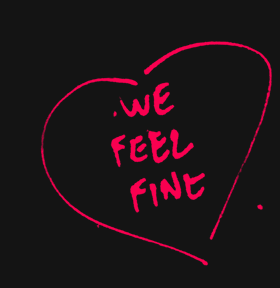What follows are my notes on the Next/Text meeting for Rhetoric and Composition. At first I was really vigilant about preceding people's comments with their names or initials, you know, so they'd get credit for what they said. But then things got so rapid-fire that I got lazy about it. These notes represent what we, as a group, said, and each of us made contributions: myself, Cheryl Ball, Cindy Selfe, Daniel Andersen, David Blakesley, David Goodwin, Geoffrey Sirc, Janice Walker, Jeff Rice, Johndan Johnson-Eilola, Karl Stolley, Kim White, Michael Day, Victor Vitanza, and Virginia Kuhn. To give a little background, Next/Text is one of the projects of the Institute for the Future of the Book, which is part of the Annenberg Center at the University of Southern California. Next/Text is focused on classroom textbooks in particular. Our meeting was devoted to imagining how we in rhetoric and composition would go about creating a completely new electronic textbook -- new, as opposed to CD-ROM companions to print textbooks: your basic linear, text-with-images, PDF-esque, "take a book from the tradition of print, digitize it, and smack it up on the Web."
As we started out, we briefly discussed institutional constraints and realities -- the old hiring, promotion, and tenure. In any discussion of online/technological work, we can't put those aside or dismiss them. Although this part was kind of bracketed after the initial comment, I suppose it was always in the background. For a while, we talked about generalities: basic needs, realities of textbook publishing, realities of online projects which someone starts (a faculty member) and others work on and contribute to (e.g., graduate students/T.A.s, non-tenure-track instructors, etc.). There was a stated need for what we, for lack of a better term, called a datacloud with portals and axes that help to organize content (which I'm going to call tags here, because that's basically how they'd function). I kept smiling and thinking of a conversation I had once with (the brilliant) Geoffrey Sauer, who emphasized the need for me really to connect scholarship with what it is I do online. I was trying to offer ideas of what I thought he was driving at, and he kept saying, "no, it can't be just another archive!" I relayed Sauer's call for some new online endeavor that wasn't just another archive to the Next/Text group, who agreed vigorously.



